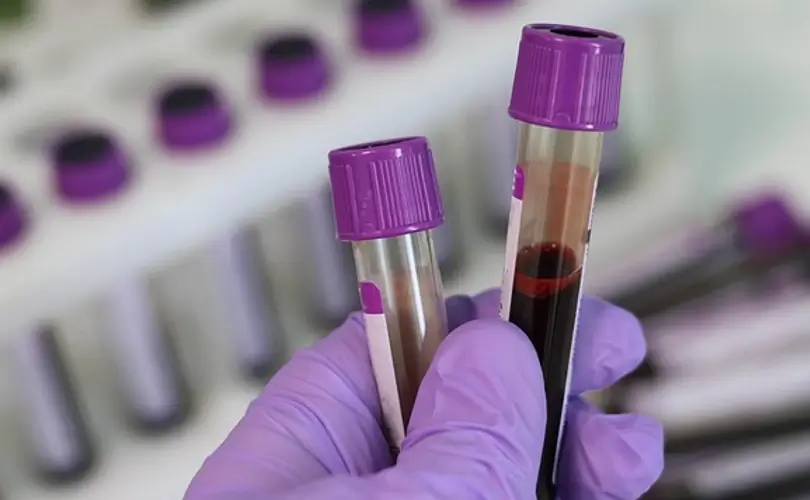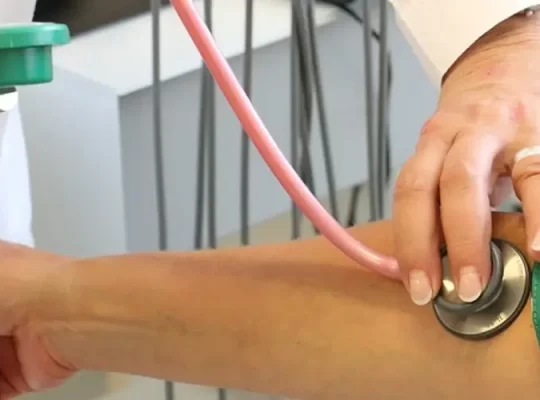Both men and women require enough levels of the male hormone testosterone to maintain a healthy libido and accomplish maximum muscular growth. Testosterone production begins in early childhood and subsequently declines as a man ages. It is most frequently associated with a person’s urge to participate in sexual activity; nevertheless, it also influences how men retain fat, bone and muscle mass, sleep quality, and even the creation of blood cells.
Two different testing types can be employed to assess a person’s testosterone level. The first step is to undergo a blood test to see if you have high amounts of total or free testosterone. A protein called sex hormone-binding globulin measures hormones not bound to the globulin. (SHBG). A second blood test, the serum-free testosterone level, calculates the total quantity of testosterone in the blood.
Increasing Testosterone Levels
Several techniques for raising testosterone levels include obtaining enough sleep, participating in regular physical exercise, and eating a good diet. Using these approaches can help you maintain healthy testosterone levels throughout your life.
Sleep is the most critical factor in influencing how much testosterone is generated. So, ensure you receive adequate sleep and establish a regular bedtime.
Increasing your testosterone levels may be performed in various ways, one of which is through exercise. Lifting weights, in particular, is an efficient strategy. However, before commencing an exercise plan, consult your primary care physician. Another vital thing to do is to avoid the things that cause you unnecessary stress.
The most accurate approach to determine whether you have low testosterone levels is to be tested. Based on this, your doctor can identify the precise amount of testosterone in your blood and how it is distributed throughout your body.
Low T Manifestations
Low testosterone symptoms include loss of sex drive, mood swings, hot flashes, and increased body fat. Other symptoms may include a loss of muscle mass and strength (medically known as sarcopenia), hair loss, melancholy, impatience, and tiredness.
A testicular injury, certain medicines, and cancer therapy can cause low T levels. Another probable cause of this sickness is stress and long-term medical concerns.
Treatment Options for Low Testosterone Levels
In addition to testosterone replacement therapy, doctors may prescribe medications that stimulate the body’s natural hormone production. These drugs can be injected into the body either orally or intravenously. Unfortunately, acne and other skin reactions are two potential side effects of numerous medications. In addition, some are designed to treat erectile dysfunction or improve sexual performance, while others help to reduce bloating and fat accumulation in the abdomen.
Numerous Advantages of Testosterone
According to several studies, testosterone is an effective therapy for various male-specific health conditions, including osteoporosis, erectile dysfunction, and prostate cancer. It has also been observed that it can increase bone density in men.
It can also help to keep older men from acquiring heart disease and dementia. Furthermore, it improves mental capacities such as memory and processing speed, which can reduce the risk of developing Alzheimer’s disease in some people.
A rise in testosterone is especially beneficial for men becoming older or having other health difficulties. This increases energy levels, boosts the immune system, and lowers cholesterol, triglycerides, and blood pressure.





